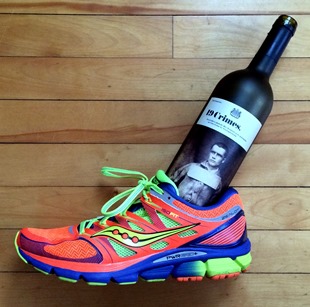 Every once in awhile an article comes through my Facebook feed that sets off alarm bells. The other day I saw a link to an article titled “A Glass of Red Wine is the Equivalent to an Hour at the Gym Says New Study.” The sub-title reads “New research reveals skipping the gym in favour of the pub is ok.”
Every once in awhile an article comes through my Facebook feed that sets off alarm bells. The other day I saw a link to an article titled “A Glass of Red Wine is the Equivalent to an Hour at the Gym Says New Study.” The sub-title reads “New research reveals skipping the gym in favour of the pub is ok.”
Now, I love a glass of red wine with dinner, and would love it if this headline were true. But, as a runner, I also know that drinking red wine isn’t going to substitute for exercise if I intend to get fit. Sounds too good to be true, and I hate articles that make it seem like there are easy ways to get exercise “in a pill” (or a wine glass….).
The claim made in the headline piqued my curiosity enough to make me hunt down the article in the Journal of Physiology on which it is based. Turns out the full text is available online, so I was able to scan through it. My conclusion is that this is an example of shoddy journalism and a sensationalistic, click-bait headline. Why? Let’s go through a few relevant details.
1. The study was on rats, not humans, and it did not look at the effects of red wine. Instead, they were supplementing rats with resveratrol, a compound found in red wine.
2. They were not comparing the benefits of resveratrol (or red wine) to the benefits of exercise, they were looking at the potential benefits of resveratrol supplementation to an endurance exercise regimen. Both groups of rats in the study exercised, and one group received the supplement. They resveratrol group did show performance gains beyond the control group, but the results say nothing about substituting resveratrol for regular exercise, only whether it enhances benefits accrued through regular exercise.
3. The dose of resveratrol given to the rats was very high: 146 mg per kg of body weight per day. Let’s think about this for a minute. I weigh about 80 kg, so to get an equivalent daily dose of resveratrol I’d need to ingest 11,680 mg (or almost 12 grams) of resveratrol per day. How much resveratrol is in a glass of wine? This page at the Linus Pauling Institute at Oregon State University indicates that red wine typically has anywhere between 0.3 to 1.07 mg of resveratrol per 5 oz glass. If we use 0.7 mg as a rough average, that would mean I’d need to drink over 16,000 glasses of red wine per day in order to get the equivalent amount of resveratrol that the rats in the study ingested. Good luck with that!
4. The journal article is not new, as suggested in the sub-title. It was published in June 2012. This more recent study was actually conducted on exercising humans, and used a more reasonable dose of 150 mg of reseveratrol (still would take a lot of wine to equal that!). It actually found the opposite, that resveratrol can inhibit the benefits of exercise. Says the lead author: "The easiest way to experience the benefits of physical activity is to be physically active," says Dr. Gurd, a professor in the School of Kinesiology and Health Studies. "The efficacy of RSV at improving metabolic and cardiovascular functions is not as profound as was once thought." And this study found that resveratrol supplementation (75 mg per day, that’s still a ton of wine!) in healthy, middle-age women did not confer metabolic benefits. And this study correlated naturally occurring resveratrol levels in humans with various health markers, as summarized here (emphasis on last sentence is mine):
“…the researchers analyzed 24 hours of urine samples from 783 people over the age of 65 for metabolites of resveratrol. After accounting for such factors as age and gender, the people with the highest concentration of resveratrol metabolites were no less likely to have died of any cause than those with no resveratrol found in their urine. The concentration of resveratrol was not associated with inflammatory markers, cardiovascular disease or cancer rates.”
So what should we take from this? Skipping your next workout in favor of a glass of red wine might sound great, but it’s probably not going to substitute for the benefits of breaking a sweat. And perhaps even more importantly, be wary of anything you read on Facebook! If an article cites scientific research and makes outrageous claims, do a little digging and find the source. Twisting science to make clickable headlines is a popular pastime these days, and you have to take anything you read with a healthy dose of skepticism.


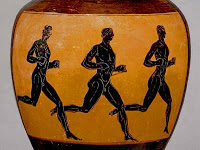





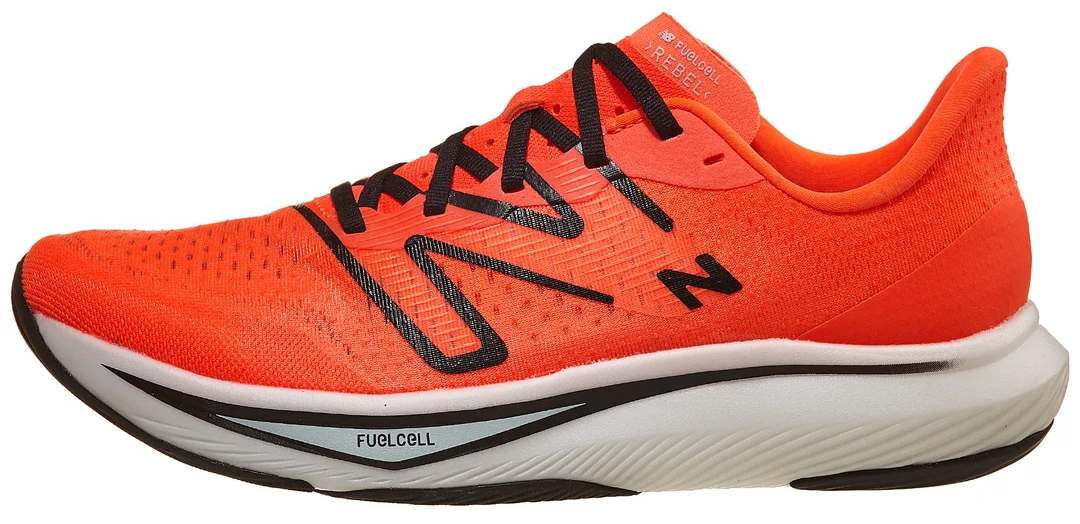






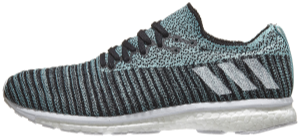
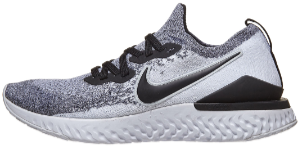


Wow. That is some epically misleading reporting.
Great debunking job Pete!
I also read Science Based Medicine, and this post had me do a double-take as to which feed I was reading.
So far the only provably positive thing about resveratrol is the commercial interest.
I choose to do both, that way I’ve covered all my bases. Run and beer…always a good combo!
I read the title. The answer is yes. No need to read the story as it may ruin it for me :). Cheers
Kind of related:
What do you think about the benefits of chocolate? Back in 2004, M&M Mars introduced a line of products called CocoaVia. These were things like powders enriched with cocoa flavanols that you could add to milk or other drinks. Supposedly aided circulation. Anyway, the idea that chocolate is health food has never taken off, but CocoaVia is still around: link to cocoavia.com
Don’t know enough of the science to comment. But I love chocolate, so I’m going to say it’s good for me :)